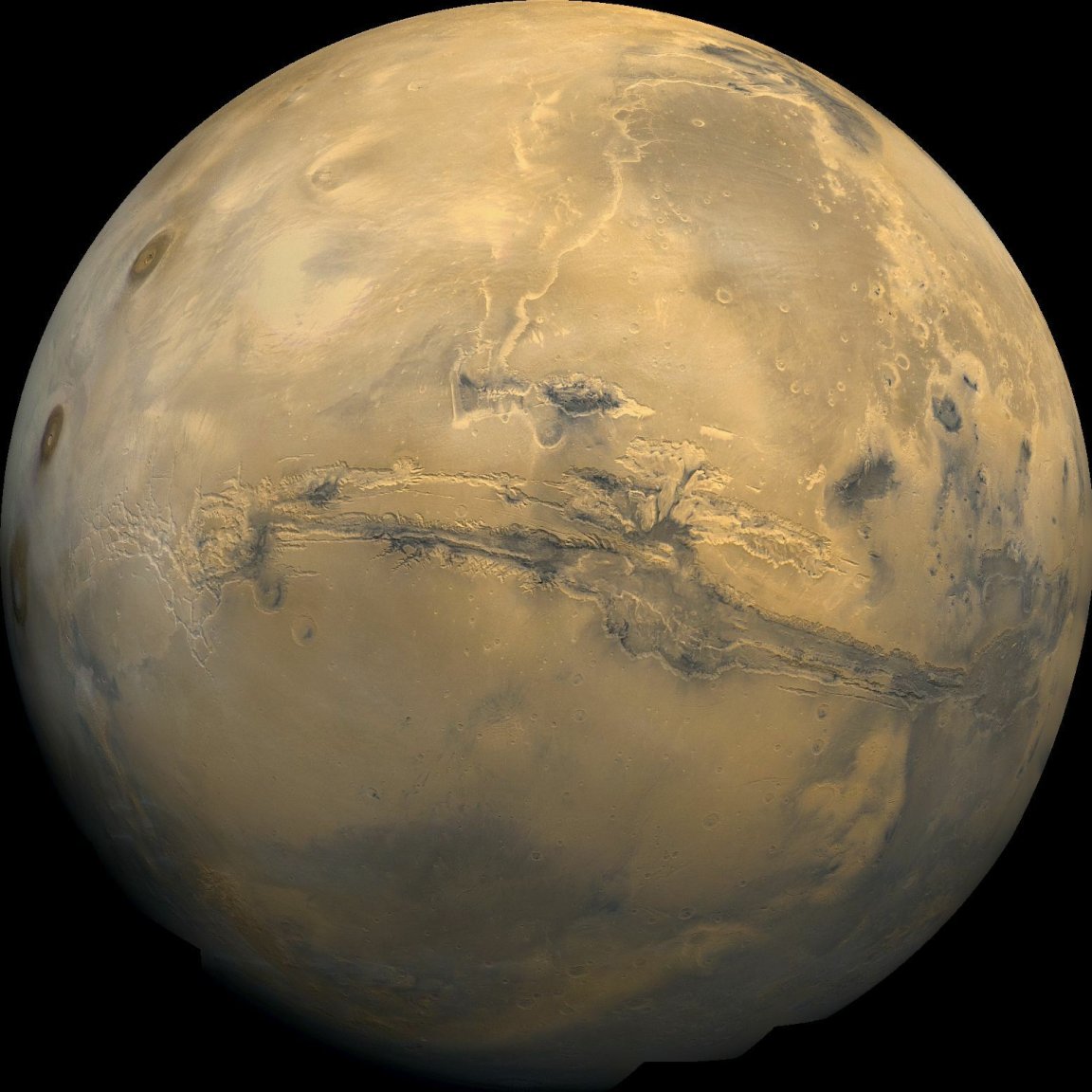
Monster Volcano
New research recently revealed that, 3.5 billion years ago, a volcano half the size of France erupted on Mars, and it displaced the planet’s outer layers. In other words, the planet’s North and South poles aren’t where they used to be—the planet tilted.
According to the study, a volcanic eruption lasting over a hundred million years tilted the planet’s surface from 20 to 25 degrees, with a billion tonnes in weight causing the top two layers of the planet to swivel around.
This phenomenon explains a number of mysteries regarding the Martian landscape, like the underground reservoirs of water ice and the strange placement of dry river beds. Sylvain Bouley, a geomorphologist from Universite Paris-Sud, notes how this would take shape on our own planet: “If a similar shift happened on Earth, Paris would be in the Polar Circle.”
Their findings were published in the journal Nature.
Shifting the Land

These findings shed light on many of the things on Mars that couldn’t be explained. “Scientists couldn’t figure out why the rivers were where they are. The positioning seemed arbitrary,” said Bouley. “But if you take into account the shift in the surface, they all line up on the same tropical band.” This explains the vast underground rivers of ice that are oddly located away from the poles.
The work also reveals that the plateau known as Tharsis dome was shaped by the resulting lava flow, leaving a mark that’s 5,000 square kilometres (2,000 square miles) and 12 kilometres (7.5 miles) high.
“The Tharsis dome is enormous, especially in relation to the size of Mars. It’s an aberration,” says Bouley. The location of the Tharsis dome ultimately reveals how the planet regained its equilibrium after the event.
The study also challenges the current theory that Mars’ underground rivers were created after the formation of the Tharsis dome.
But despite everything this study uncovers, there are still plenty of unanswered questions. “Did the tilt cause the magnetic fields to shut down? Did it contribute to the disappearance of Mars’ atmosphere, or cause the rivers to stop flowing? These are things we don’t know yet.”